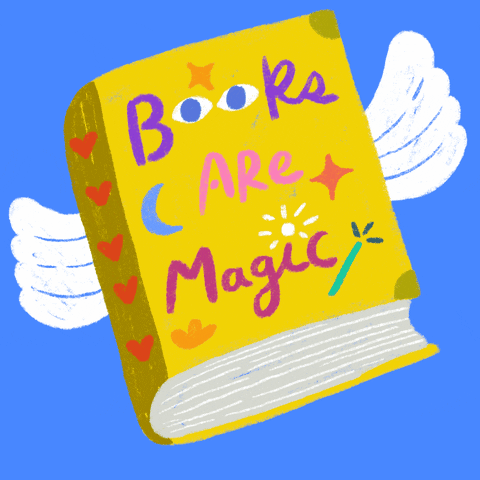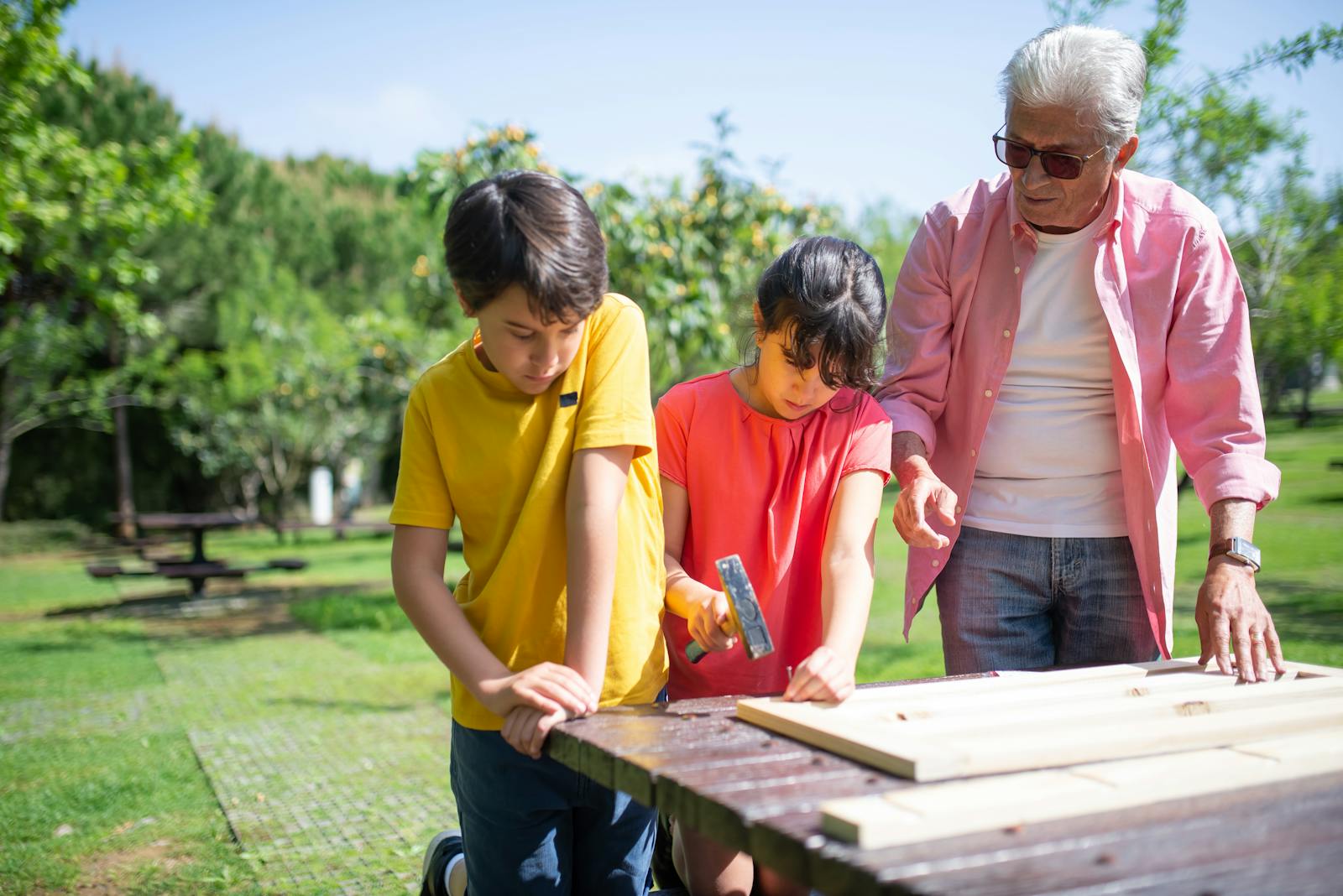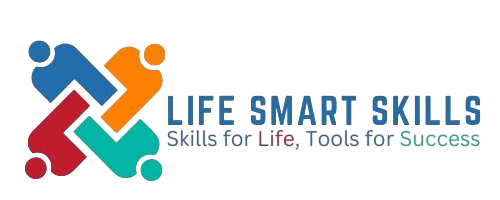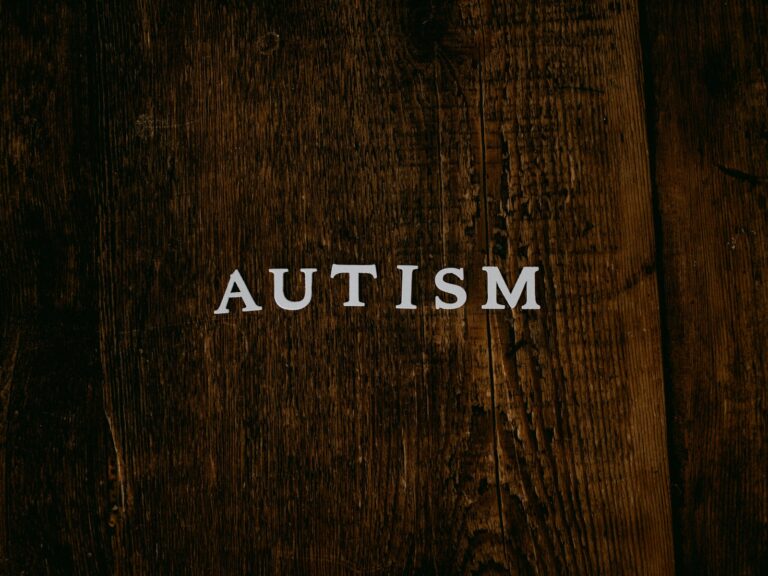Essential Life Skills for Kids: A Comprehensive Guide to Learning and Growth

Introduction: Unlocking the Power to LEARN
What if the most significant gift you could give your child was the ability to navigate life’s challenges with confidence, creativity, and resilience? The journey of childhood is a remarkable adventure of discovery, where learning to LEARN becomes the ultimate superpower.
Groundbreaking research reveals a transformative insight: children who develop comprehensive life skills for kids are 70% more likely to become adaptable, confident, and successful adults. This isn’t just about academic achievement—it’s about nurturing whole-person development that prepares kids for life’s incredible journey.
The Comprehensive Ingredients of Childhood Success

Multidimensional Life Skills Framework:
-
- Emotional Intelligence
-
- Deep Emotional Awareness
-
- Identifying and naming emotions
-
- Understanding emotional triggers
-
- Developing emotional vocabulary
-
- Recognizing others’ feelings
-
- Deep Emotional Awareness
-
- Emotional Regulation Techniques
-
- Calming strategies
-
- Stress management
-
- Positive self-talk
-
- Resilience building
-
- Emotional Regulation Techniques
-
- Emotional Intelligence
-
- Communication Mastery
-
- Verbal Communication Skills
-
- Clear expression of thoughts
-
- Asking meaningful questions
-
- Active listening
-
- Storytelling abilities
-
- Verbal Communication Skills
-
- Non-Verbal Communication
-
- Body language awareness
-
- Facial expression understanding
-
- Empathetic listening
-
- Respectful interaction
-
- Non-Verbal Communication
-
- Communication Mastery
-
- Practical Life Competencies
-
- Personal Care Skills
-
- Hygiene routines
-
- Basic self-grooming
-
- Dressing independently
-
- Healthy habit formation
-
- Personal Care Skills
-
- Home Management
-
- Age-appropriate chores
-
- Basic cleaning techniques
-
- Simple cooking skills
-
- Organization fundamentals
-
- Home Management
-
- Practical Life Competencies
-
- Cognitive Development
-
- Problem-Solving Strategies
-
- Critical thinking
-
- Creative solution finding
-
- Decision-making processes
-
- Logical reasoning
-
- Problem-Solving Strategies
-
- Learning Approaches
-
- Curiosity cultivation
-
- Growth mindset development
-
- Learning from mistakes
-
- Persistent effort
-
- Learning Approaches
-
- Cognitive Development
-
- Social and Interpersonal Life Skills for Kids
-
- Relationship Building
-
- Making and maintaining friendships
-
- Teamwork
-
- Conflict resolution
-
- Empathy and kindness
-
- Relationship Building
-
- Social Adaptability
-
- Respect for diversity
-
- Understanding social cues
-
- Collaboration
-
- Positive social interactions
-
- Social Adaptability
-
- Social and Interpersonal Life Skills for Kids


Time Investment for Skill Development
Skill Mastery Roadmap:
-
- Early Foundation: Ages 3-5
-
- Emotional basics
-
- Simple communication
-
- Initial independence
-
- Early Foundation: Ages 3-5
-
- Skill Expansion: Ages 6-10
-
- Complex emotional understanding
-
- Advanced communication
-
- Increased responsibility
-
- Skill Expansion: Ages 6-10
-
- Skill Refinement: Ages 11-13
-
- Emotional intelligence
-
- Sophisticated communication
-
- Independence preparation
-
- Skill Refinement: Ages 11-13

-
- 75% improved academic engagement
-
- 65% enhanced social confidence
-
- 70% better emotional regulation
-
- 60% increased problem-solving abilities
Detailed Learning Strategies
Emotional Intelligence Development
-
- Feelings Exploration Techniques
-
- Emotion identification games
-
- Feeling face matching
-
- Emotion storytelling
-
- Empathy role-playing
-
- Feelings Exploration Techniques
-
- Emotional Regulation Practices
-
- Mindfulness for kids
-
- Breathing exercises
-
- Calm-down corner creation
-
- Positive self-management
-
- Emotional Regulation Practices

Communication Skill Enhancement
-
- Interactive Communication Activities
-
- Storytelling workshops
-
- Conversation practice
-
- Public speaking games
-
- Active listening challenges
-
- Interactive Communication Activities
-
- Social Interaction Workshops
-
- Friendship skill building
-
- Teamwork exercises
-
- Conflict resolution scenarios
-
- Respectful communication training
-
- Social Interaction Workshops
Practical Life Skill Adventures
-
- Independence Building
-
- Supervised household tasks
-
- Personal care routines
-
- Simple cooking lessons
-
- Financial basics
-
- Independence Building
-
- Responsibility Cultivation
-
- Chore management
-
- Time management introduction
-
- Goal setting
-
- Accountability practices
-
- Responsibility Cultivation
Alternative Learning Approaches
Diverse Skill Development Methods:
-
- Interactive learning games
-
- Family skill-building activities
-
- Educational technology
-
- Storytelling with life lessons
-
- Creative role-playing
-
- Supervised real-world experiences
-
- Positive reinforcement techniques
-
- Mentorship and guided learning
Nurturing Skill Growth: Parental Guide
Supporting Your Child’s Development:
-
- Create safe learning environments
-
- Offer consistent encouragement
-
- Celebrate small achievements
-
- Provide constructive feedback
-
- Model desired behaviors
-
- Be patient and understanding
-
- Adapt to individual learning styles
Potential Challenges and Solutions
Common Skill Development Obstacles:
-
- Overprotection
-
- Inconsistent expectations
-
- Limited learning opportunities
-
- Comparison with others
-
- Neglecting individual differences
-
- Resistance to new experiences
Adaptive Strategies:
-
- Personalized approach
-
- Gradual skill introduction
-
- Positive reinforcement
-
- Flexible learning methods
-
- Emotional support
-
- Patience and understanding
Conclusion: Empowering Future Generations
Life skills are more than tools—they’re the blueprint for a child’s future success. By investing in comprehensive skill development, you’re nurturing confident, capable, and compassionate individuals ready to embrace life’s challenges.
Call to Action
Transform Your Child’s Learning Journey:
-
- Subscribe to our parenting insights newsletter
-
- Share your child’s growth story
-
- Download our comprehensive life skills guide
-
- Join our supportive parenting community
Frequently Asked Questions
Q: When should we start teaching life skills? A: Begin introducing age-appropriate skills as early as 3-4 years old.
Q: How can I make learning engaging? A: Use games, interactive activities, and storytelling to maintain interest.
Q: What if my child struggles with certain skills? A: Provide patient support, break skills into manageable steps, and celebrate progress.



